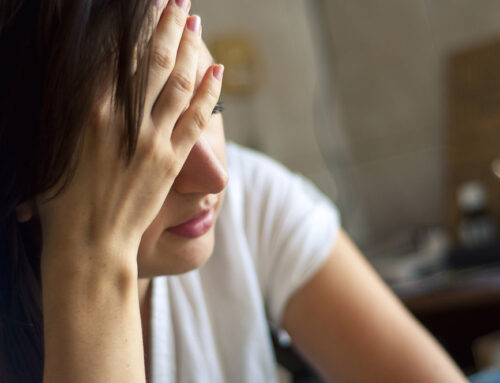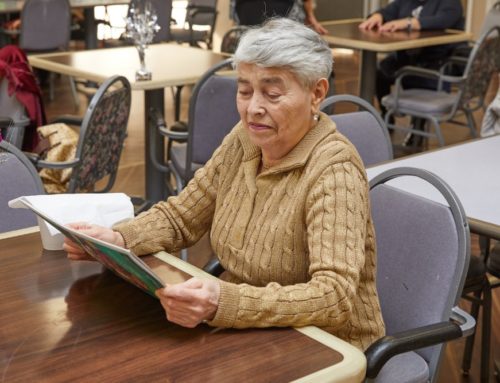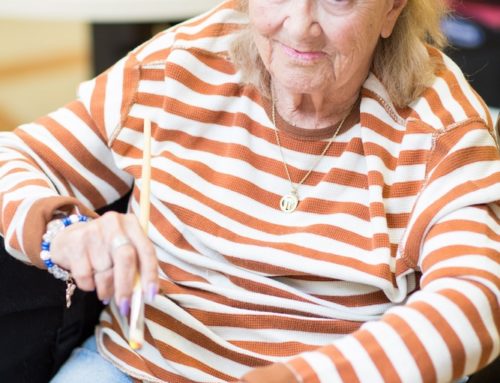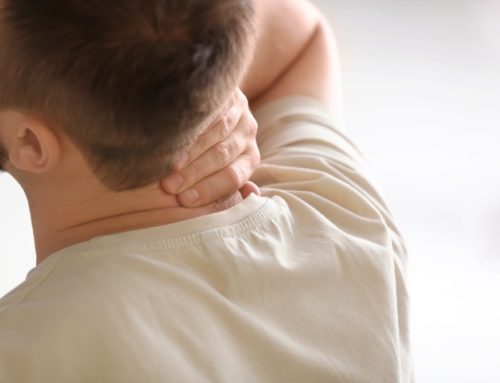Elderly Sleepiness: Watch for These Reasons
While some believe that elderly sleepiness is common, it could also point to other medical conditions. For example, it could be a sign of an underlying heart condition, giving you one more reason why you shouldn’t be too quick simply to dismiss it as part of the aging process.
Fairview Adult Day Center in Brooklyn, NY, offers customized geriatric physical therapy that helps older adults battling with excessive sleepiness to improve their strength and energy levels. Trained therapists will be able to show you the right exercise to help you improve your sleep which, in return, can have a huge impact on your overall life quality.

Reasons for Elderly Sleepiness
Sleep disorders
In some instances, the most obvious answer is the culprit. There are several sleep-related conditions like narcolepsy, sleep apnea, and restless leg syndrome that can affect your sleep quality.
Cognitive and neurological conditions
The root of sleep problems can also be traced back to dementia and Alzheimer’s disease. As these diseases progress, patients typically start to sleep more during the nighttime as well as daytime. One possible reason for this is that as patients become weaker, basic activities, like communicating, will take a bigger physical toll.
Heart conditions
According to research completed by the American Heart Association, there’s also a correlation between older adults with irregular sleep patterns and increased risk of hardened arteries. If you’re already in heart failure, you may feel weak and tired during the day. One of the reasons for this is that heart failure also increases the chances of developing sleep disorders. In fact, a recent study found that this could be the case for as many 75% of patients.
Depression and anxiety
Overwhelming emotions, like depression and anxiety, can present itself physically in the form of severe fatigue. Add to that the fact that antidepressants are also commonly associated with fatigue and elderly sleepiness is potentially exacerbated.
New medications and medical treatments
Starting a new medication can impact anyone’s sleeping pattern, irrespective of their age. Plus, it’s not only restricted to prescription drugs. A seemingly standard over-the-counter antihistamine can have a huge impact on your energy levels.
In addition to new meds, any recent medical treatments can also impact a person’s sleeping pattern. A procedure like chemotherapy is well-known for its taxing physical impact on the body. Combine that with the fatigue that’s linked with cancer and the potential impact becomes so much greater.
At the same time, pain that can result from a simpler surgery can also impact a person’s ability to catch a good night’s rest.
Infections
If no new treatment or medication was recently started, it could be that there’s an infection that still needs to be diagnosed. For example, a urinary tract infection (UTI) is easy to overlook, but it can affect the body in more ways than one.
Aside from lethargy, patients also have to deal with frequent urination, pelvic pain, and fever. In some cases, it can also lead to incontinence. When this happens, even when a person manages to fall asleep, a mishap can stir them from their sleep.
This article is for educational and informational purpose only and does not substitute for professional medical advice. For any questions about your own health condition, speak to a qualified physician or healthcare provider.







Leave A Comment